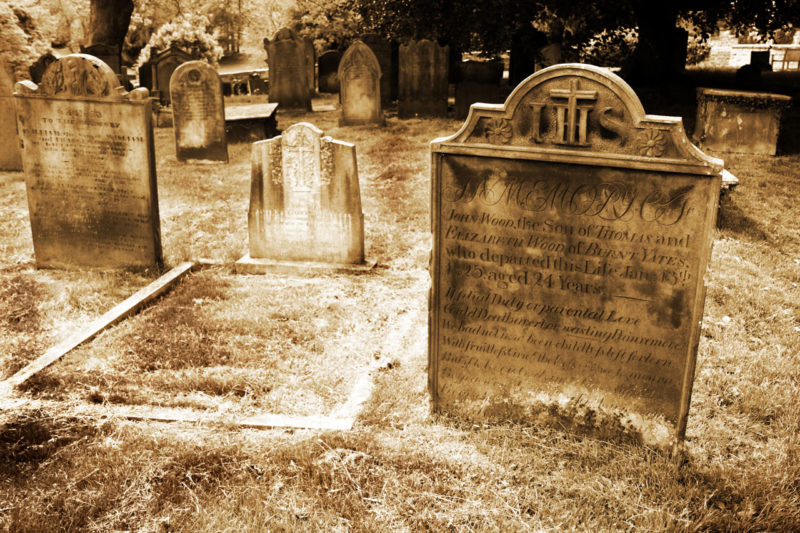The Placement of a Comma
Luke 23:43b can be translated in two ways:
Truly I tell you,
today you will be with me in paradise.
…and…
Truly I tell you today,
you will be with me in paradise.
The placement of the comma changes the meaning completely. This is somewhat related to “The Meaning of Hell” in that it is generally assumed by modern Christians that one goes to heaven or hell immediately upon one’s death. James Attebury believes the former is the correct one. He cites 2 Samuel 16:3, Luke 4:21, 5:24, 7:14, 19:9, Hebrews 3:15, and James 4:13 to defend this claim.
Attebury is trying to refute Jehovah’s Witnesses, which is a fine goal, but is perhaps clouding his judgment. If he wasn’t biased towards trying to combat heresy, would he still be making this case? I’m not so sure. As my interest here is primarily on the interplay between heaven and hell, with special emphasis as to the nature of hell itself, we need to discuss where Jesus went when he died.
While Attebury’s claim is a very interesting from a syntactic language perspective, the standard practice in biblical interpretation is that the immediate context generally informs how to interpret the grammar and syntax. Attebury’s list of passages did not cite Deuteronomy 30:17-18, and I can see why:
And so when we read the verse immediately preceding Luke 23:43…
And he said unto Jesus, Lord, remember me when thou comest into thy kingdom.
…we run into the same problem. Jesus didn’t come into his kingdom on the same day of his death[1], so how could he be with the man in paradise that same day?[2] Interpreting this with the comma before “today” makes mashed potatoes of Luke’s narrative. It may be possible from a strict syntactic standpoint, but the context doesn’t allow it.
These two passages in Deuteronomy and Luke use the same formula: “When some future event occurs, I say today, something else will occur.” This is not the only place in the Bible where this formula is used. The point of using the word “today” is not used to indicate time, but is to indicate emphasis. The word today is used like I use bold type. This type of usage occurs 39 times in Deuteronomy.
Where Did Jesus Go When He Died?
So if Jesus didn’t come into his kingdom on the day of his death, where did he go? Jesus descended to into hell—Hades or Sheol—the place of the dead where he stayed for three days and three nights before returning to life.
The thief went to paradise. The Bible speaks of Paradise in 2 Corinthians 12:2-4…
The Bible also speaks of Paradise in Revelation 2:7:
Jesus promised the man on the cross Eden, not heaven or hell. But Jesus went to hell, not paradise.
Hell is the land of silence (Psalm 94:17), a place of forgetfulness (Psalm 88:12), where nothing is known (Ecclesiastes 9:5), and the dead lie in the sleep of death (Psalm 13:3).[3]
Footnotes
[1] Jesus discusses coming into his Kingdom in the Olivet Discourse in Luke 21, which he says will take place within the generation of his listeners and after (or coinciding with) the destruction of the temple in Jerusalem in 70AD.
[2] Jesus died at around 3pm and the day ended at 6pm. The thieves on the cross died sometime after Jesus did. While he was certainly off the cross by 6pm, he may not have been buried—placed in the grave—before the breaking of the next day. Those who hold to a Wednesday crucifixion and a literal 3 days / 3 nights in the grave likely believe that he went to the grave precisely at 6pm and arose precisely at 6pm three full days later. Those who insist that “today” in “today you will be with me in paradise” must be interpreted literally as that same day might find some difficulty explaining these details.
[3] For a more in-depth explanation, see here. The modern alternative to this is described here.


Pingback: James Attebury: Theologian, Censor, Judge
Pingback: Ambiguity in the Bible